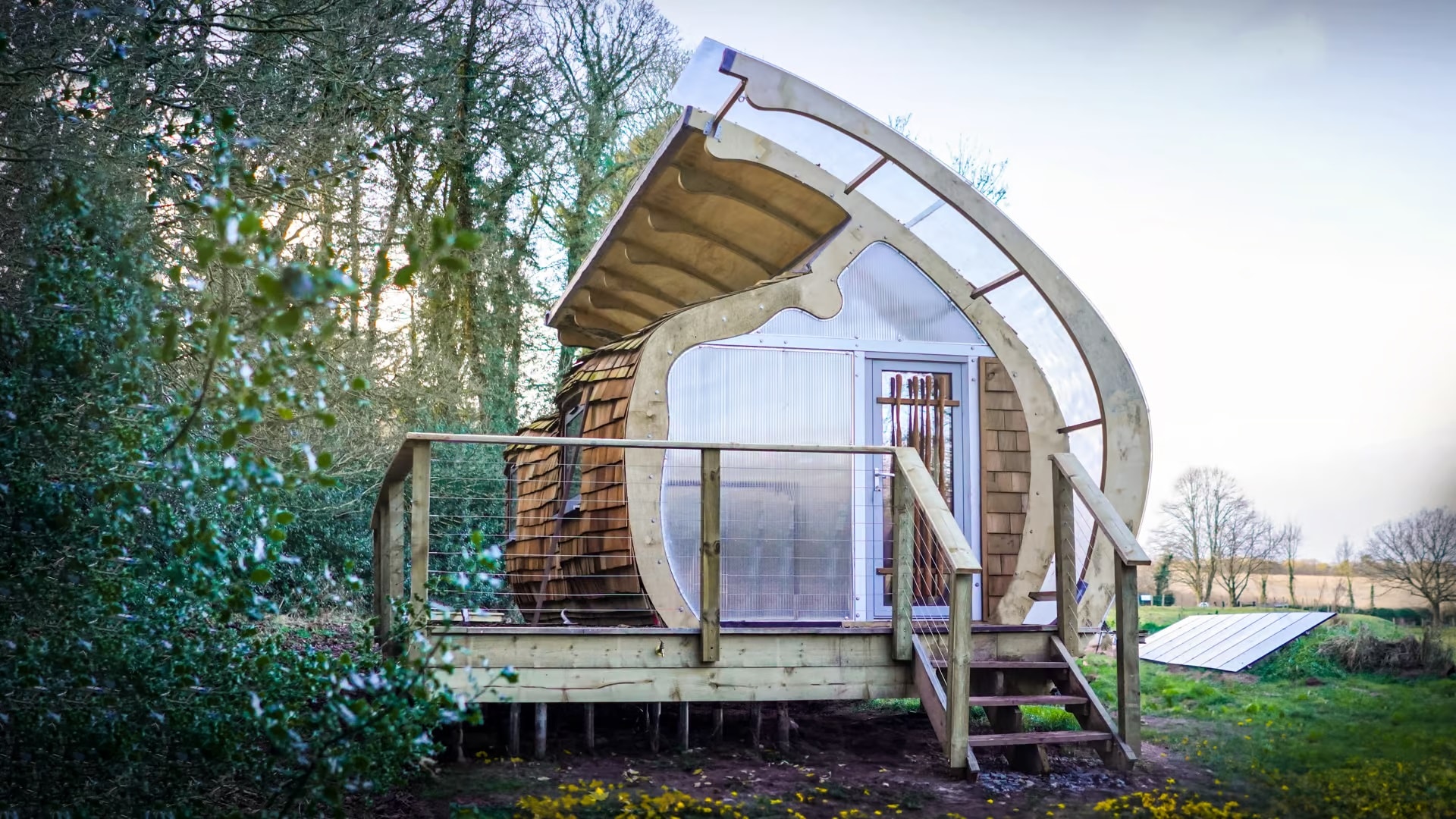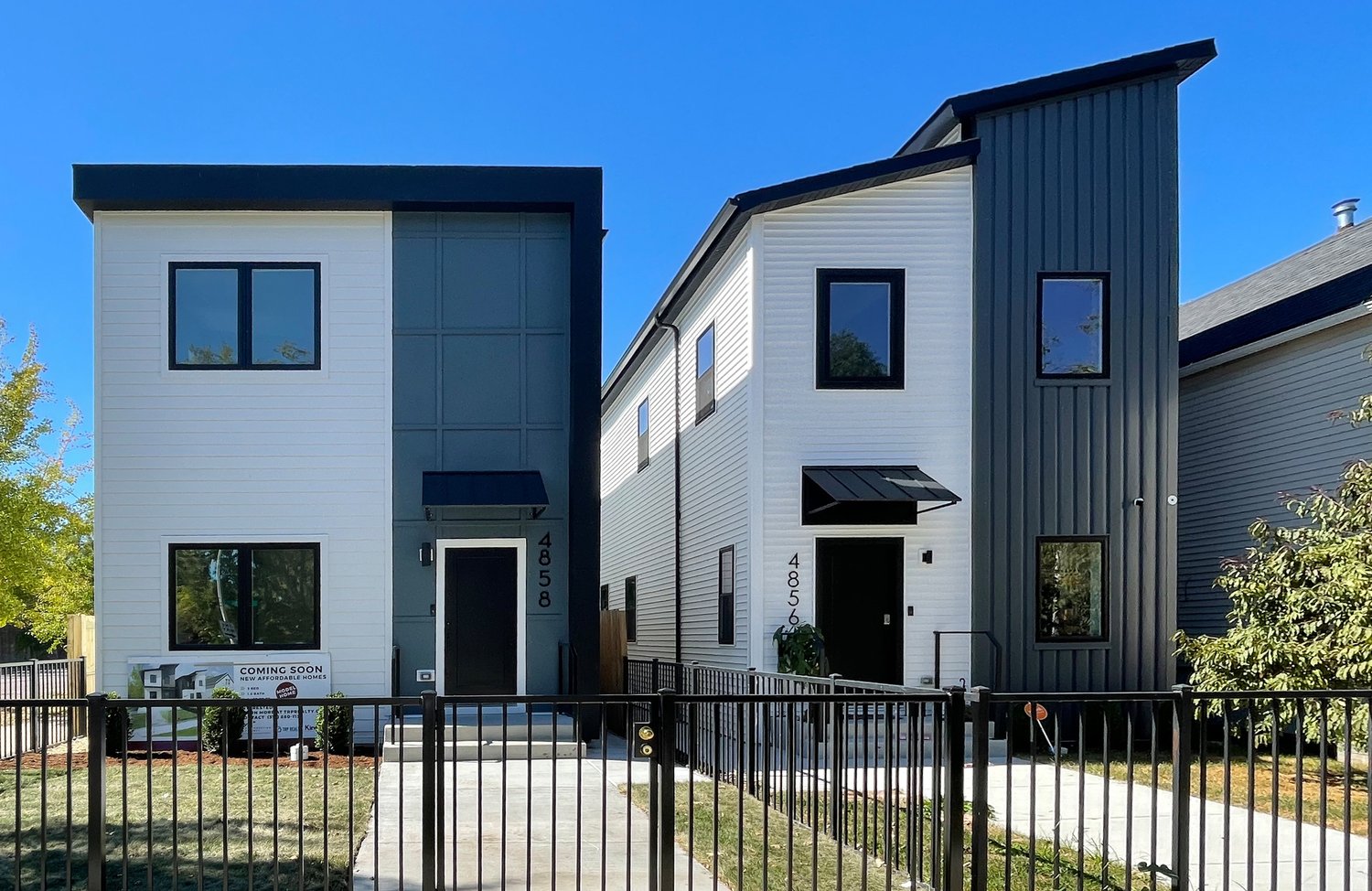The National Institute of Building Sciences Consultative Council has issued its 2022 Moving Forward Report, looking closely at the climate emergency and the path toward decarbonization of the U.S. built environment.
The report specifically examines embodied and operational carbon and greenhouse gases in existing buildings and new construction, providing realistic and effective carbon-reducing recommendations directly to President Joe Biden and policymakers, as well as to industry stakeholders.

“Human-induced climate change is a threat to human life and society, and steps must be taken across economic sectors to reduce the adverse impact of carbon and other harmful greenhouse gas emissions,” said AC Powell, JD, CPS, President and CEO of NIBS. “Progress has been made, but there is still far to go.”
The building sector is a significant contributor to carbon dioxide and other greenhouse gas (GHG) emissions, both in the U.S. and globally. These GHG emissions contribute to the widespread and worsening impacts of human-induced climate change, and can have adverse effects on local environments and populations by compromising indoor air quality and exacerbating outdoor air pollution. Mitigating these effects by decarbonizing the building sector will take an economy-wide effort, but the need to achieve near- and long-term emissions reductions is critically important.
Among the Consultative Council’s recommendations:
The federal government should leverage the significant experience of the design and construction industries, prioritizing private sector input in ongoing Council on Environmental Quality coordination of federal actions around decarbonization.
The administration and federal agencies should ensure all proposed actions and mandates are working from a common definition of decarbonization, with commonly shared, publicly available data, to ensure shared progress and tracking.
Federal agencies should provide technical assistance and funding to support the development of a generally-accepted and widely available lifecycle approach to evaluating whole-building environmental impacts, one that balances operational GHG emissions and embodied carbon considerations.
Federal, state, and local governments and the building industry should increase investment in understanding and overcoming the challenges to decarbonization posed by the existing building stock.
The NIBS Consultative Council
The Consultative Council assembles high-level building community representatives to investigate key challenges facing the building industry and make recommendations directly to the executive and legislative branches of government.

Gary Fleisher, the Modcoach



